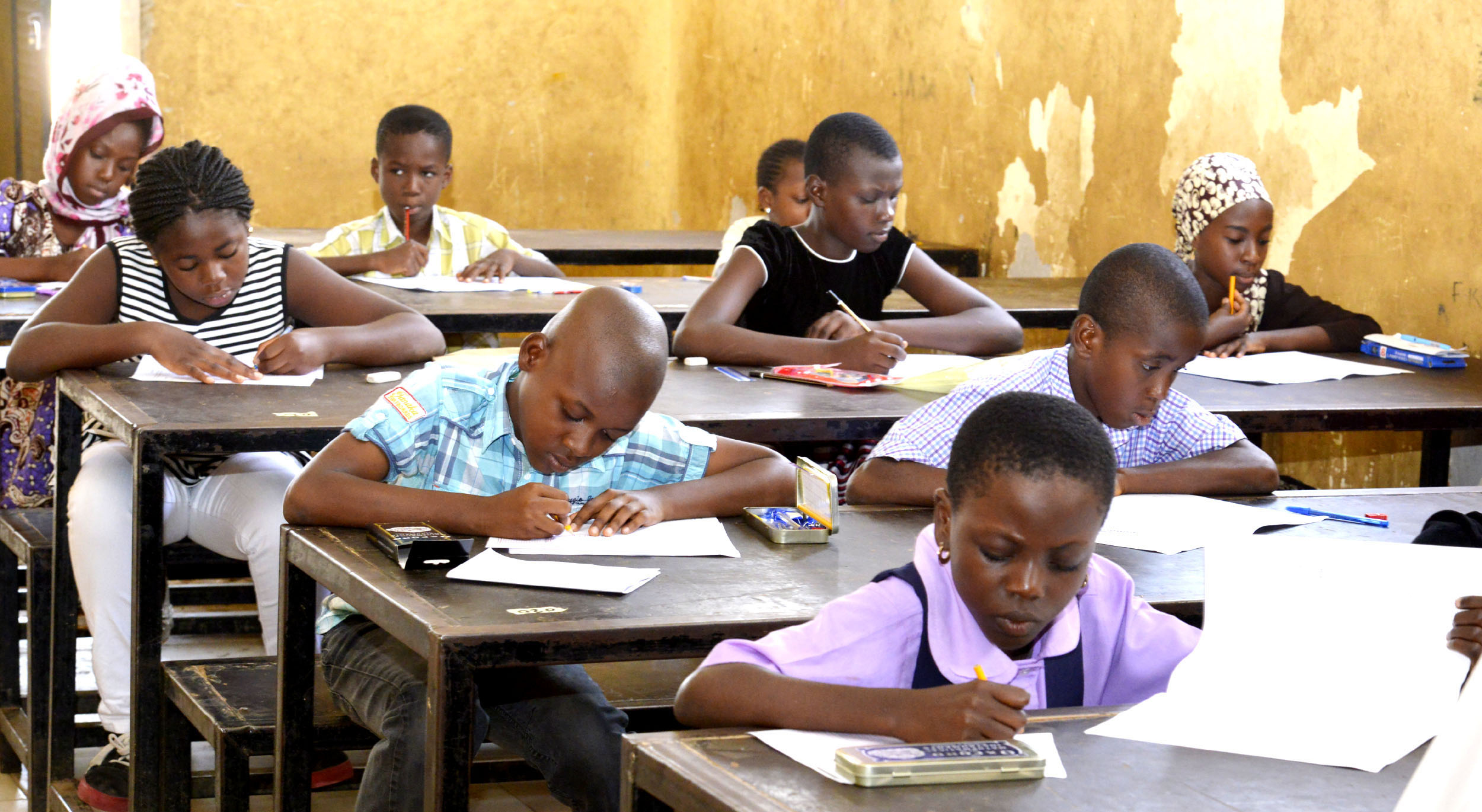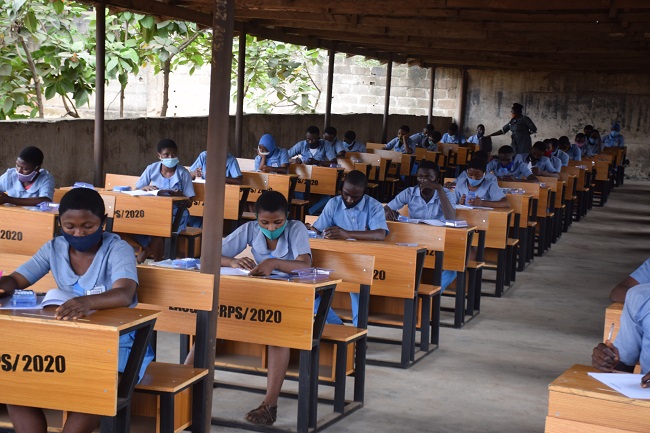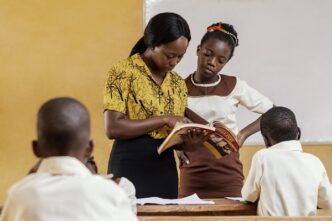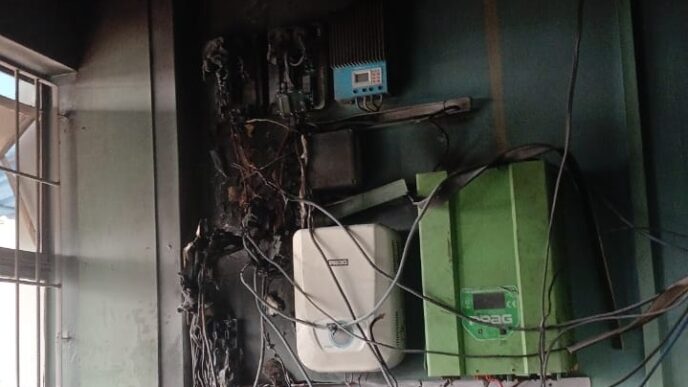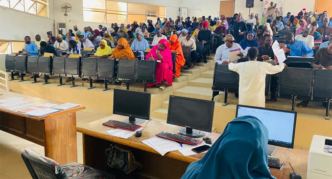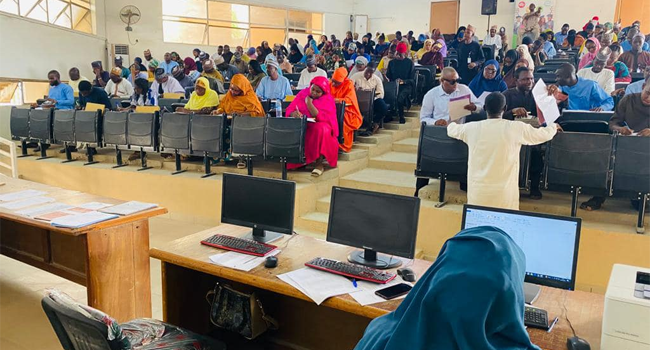The Joint Admissions and Matriculation Board (JAMB) plans to admit 825,000 people with disability (PWD) by 2029.
The board is hosting education stakeholders and foreign nationals at the Africa Regional Conference on Equal Opportunity of Access to Higher Education (ARCEAHED) on September 17 and 18.
Yusuf Sununu, the minister of state for education, spoke at the conference in Maitama, Abuja on Tuesday.
He said JAMB, at the 67th National Council on Education meeting in December 2023, obtained approval to waive post-UTME for PWDs.
Advertisement
“This initiative, together with the ambitious target to enrol 825,000 students with disabilities cumulatively over the next five years, demonstrates our unwavering commitment to realizing equal access to education,” he said.
“All tertiary institutions in Nigeria are to offer admissions to all candidates with disabilities who possess minimum admissible scores into the programmes of their choice after writing UTME.”
At ARCEAHED, stakeholders discussed emerging issues on access to higher education and economic empowerment for PWDs.
Advertisement
Sununu said it is the responsibility of governments, academic institutions, the private sector, and civil society to ensure that PWDs are not left behind.
He said stakeholder interventions must focus on three areas, including the need to create inclusive education infrastructure, empower PWDs through economic inclusion, and embark on policy advocacy through the implementation of laws protecting PWD rights.
“We have to create opportunities between institutions of education, industries, and governments to develop ways that would take persons with disabilities from education to employment,” the minister said.
“The enactment and implementation of laws to protect the rights of persons with disabilities ensuring they have equal access to education, health, and employment facilities are very essential.
Advertisement
“Tertiary institutions should not only be admitting students with disabilities.
“They should be taking absolute care about accessibility in their campuses through the addition of necessary ramps, elevators, assistive technologies, and other accommodations that would make learning possible and comfortable for all.
“Teaching aids such as braille, interpreters in sign language, and digital materials prepared for various skills should be provided.”
The regional conference will host participants from African countries including Ethiopia, Malawi, and Egypt.
Advertisement
Add a comment

